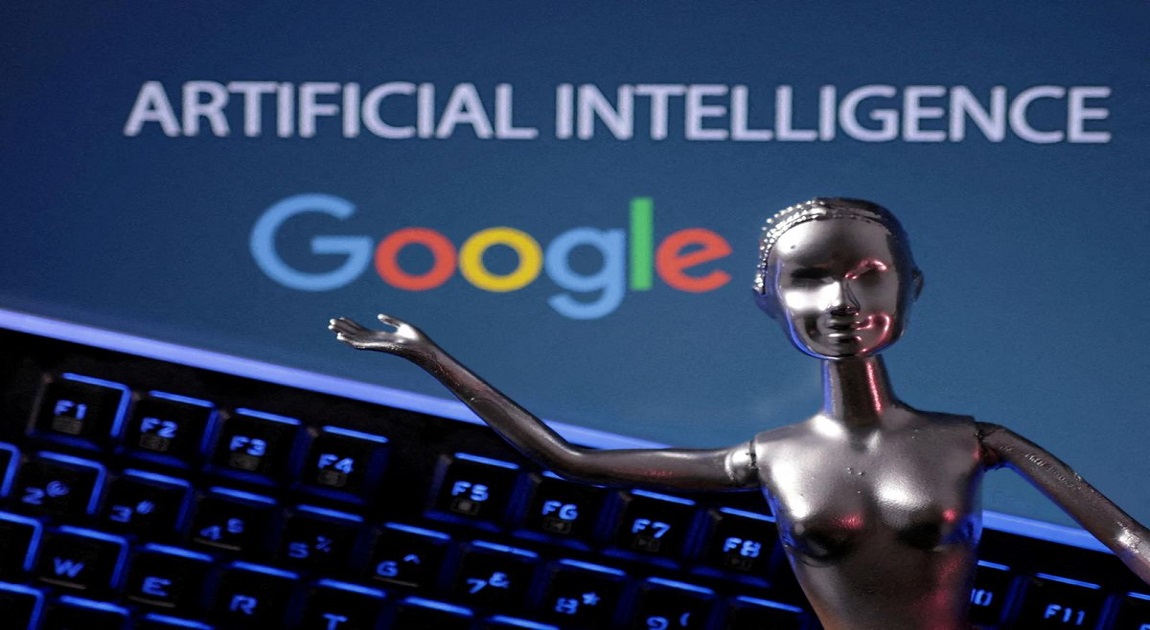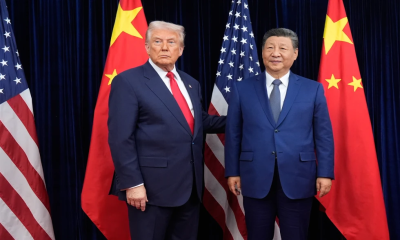In a historic achievement, Google’s DeepMind artificial intelligence system has secured a gold medal at the International Mathematical Olympiad (IMO), the world’s leading competition for young mathematicians.
This marks the first time an AI has successfully solved five out of six highly complex problems spanning algebra, geometry, combinatorics, and number theory — a feat traditionally reserved for the most brilliant human minds.
Known for its extreme difficulty, the IMO demands deep conceptual understanding and advanced problem-solving abilities.
Until now, such challenges remained beyond the reach of AI. However, DeepMind’s advanced Gemini Deep Think model not only met the competition’s standards but performed within the 4.5-hour time limit, scoring 35 out of a possible 42 points — enough for a gold medal. Only around 11 percent of the 67 human contestants reached a similar benchmark.
IMO President Dr. Gregor Dolinar confirmed the result, praising the AI’s performance: “Google DeepMind has achieved a gold-medal score. Their solutions were clear, precise, and often surprisingly easy to follow.”
The breakthrough follows last year’s silver-level performance by DeepMind’s earlier AI models AlphaProof and AlphaGeometry 2, which required multiple days of computation.
In contrast, the new Gemini model completed the task in real-time and operated entirely in natural language, signaling a leap forward in reasoning and communication abilities.
The DeepMind team trained the model using advanced reinforcement learning techniques designed to enhance multi-step reasoning, theorem proving, and complex problem-solving skills.
DeepMind CEO Demis Hassabis announced that a version of the Gemini Deep Think model will soon be shared with a group of selected testers, including professional mathematicians, before a wider release to Google AI Ultra subscribers.
Meanwhile, an OpenAI researcher also claimed that their AI had achieved comparable results on this year’s IMO problems, although it did not officially enter the competition.
Experts believe this advancement is a sign that AI is nearing the capability to assist in solving unresolved problems in cutting-edge mathematics.
Junehyuk Jung, a mathematics professor at Brown University and a visiting researcher at DeepMind, told Reuters: “The ability to solve complex reasoning problems in natural language opens the door for real collaboration between AI and mathematicians.”




-20260222063838.webp)




-20260206050656.webp)



























